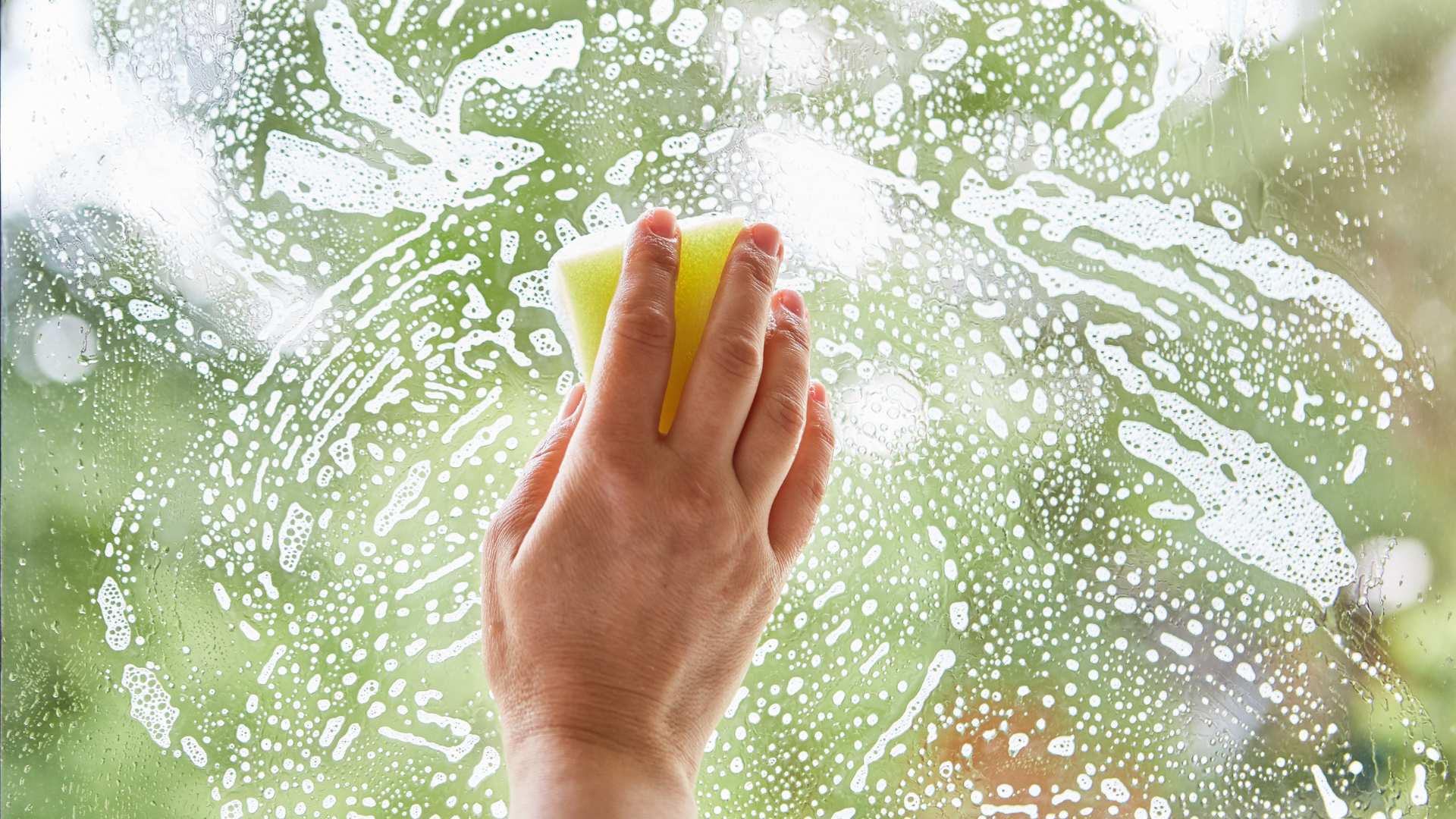Thrive Wellness Expands Specialized Mental Health Treatment Centers

Thrive Wellness Expands Specialized Mental Health Treatment Centers
By Abbi Whitaker
Thrive Wellness , a patient-centered-weight neutral healthcare clinic handling patients’ physical, mental, and behavioral health needs, is opening a new full-service primary care clinic in Reno, Nevada for patients of all ages.
“We at Thrive are continuously performing community needs assessments to better the health of our community and the people living in it, and offering primary care and family medicine ensures a better quality of health for our patients,” said Kat Geiger, founder of Thrive Wellness. “We are thrilled to offer individualized, multidisciplinary care as we continue to champion body positive health for all of our patients within one clinic.”
Thrive’s new clinic provides personalized care in an integrated healthcare environment, while still giving patients access to an interdisciplinary team of mental and behavioral specialists within the Thrive Wellness network. The expansion of the new primary care clinic will include two additional family medicine providers in order to serve patients ages 0-99.
The new clinic will encompass two stories of a split level building on the corner of West Liberty Street and Hill Street in downtown Reno. The lower level will inhabit the clinic’s primary care and psychiatry while the second floor will house therapy services. All clinic services are expected to move into the clinic in April 2022. Thrive Wellness’ new clinic services are as follows:
Outpatient Services
Occupational Therapy
Primary Care (Family healthcare)
Eating Disorder Treatment
Perinatal Healthcare
Outpatient Perinatal Services
Thrive continues to value collaboration with the at-large medical community, and referrals to outside providers will be ongoing.
“The holistic approach Thrive has to their healthcare is really refreshing to see,” said Dr. Stephanie Wright, M.D., family medicine physician at Thrive Wellness Reno. “I’m so excited to work with their interdisciplinary team of healthcare professionals to better the health of our community.”
Patients can book an appointment by calling (775) 525-8103 or emailing reno@thrivehere.com. Thrive Wellness’ new clinic is expected to open in April 2022. For more information, visit http://thrivehere.com/thrive-wellness-reno /.
###
About Thrive Wellness:
With an emphasis on prevention and personal empowerment, Thrive’s primary care providers are here to help you navigate your unique wellness journey for optimal health. Our clinicians are committed to enhancing your well-being and nurturing your growth through comprehensive, collaborative, and connected care. Turn to Thrive as your trusted source for everyday health and wellness. We’ll walk side-by-side with you to help you thrive.
The post Thrive Wellness Expands Specialized Mental Health Treatment Centers first appeared on Thrive Wellness.

Start your healing journey today
NEXT STEPS
Are you ready to find hope? We can't wait to connect you with the care you need. To get started with us, please reach out using the link below.

Obsessive Compulsive Disorder

Perinatal
Mental Health
Obsessive Compulsive Disorder
Perinatal
Mental Health
SITE MENU
THRIVE LOCATIONS
Reno, NV 89501
OCD & Anxiety Disorders
Luella Garvey House
Perinatal Mental Health
"It Takes A Village"
Virtual Program
All Rights Reserved | Thrive Wellness | PRIVACY POLICY





